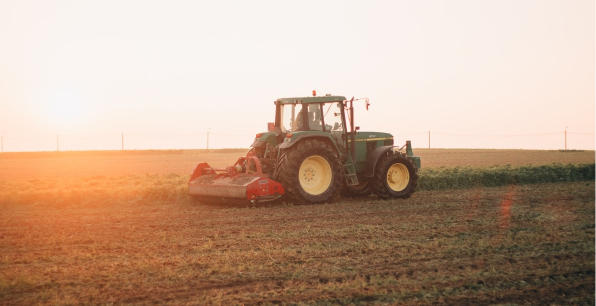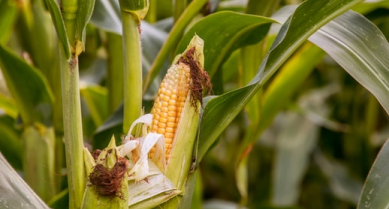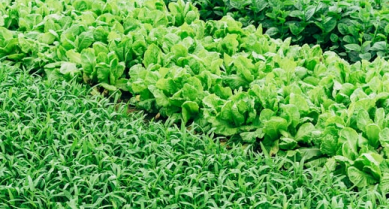What does the food data landscape look like and how can we improve it?
Sustainable food supply is vital in securing the needs of today and future generations. How we share and use agri-food data will influence our ability to build and maintain a thriving, efficient and relevant system. That is why Agrimetrics was commissioned by the Open Data Institute (ODI) to complete the Food Data Landscape Review.
What were we looking to do?
Mapping a highly complex, interconnected sector, worth £128bn, is not an easy task. As consumer taste and economic support changes, the domino effect of these changes shifts the landscape. That is why we were looking to identify the key challenges data can help overcome and what the potential barriers are to ensuring data is shared and used effectively.

How did we do it?
Agrimetrics has a wealth of expertise and knowledge in helping businesses and policy makers find and use agri-food data. This obviously gave us a leading insight into some of the potential challenges and opportunities. We complemented this by reviewing existing research as well as drawing on our network to gather insight through surveys and interviews with key stakeholders from across the agri-food and agri-tech sector.
What did we find?
The survey was revealing in that almost three quarters of those asked do not share their data with others. The reluctance to share was symptomatic of what is also seen in other industries. Firstly, there is simply a lack of roles in organisations which are dedicated to engaging with data. This, in turn, leads to concerns around data governance and unease about ensuring business interests are not compromised. Of the quarter that did share their data the perceived benefits were that it increased productivity and quality which improved environmental sustainability. This allowed them to create new products and services which reduced risk and costs.

The interviews allowed us to dive deeper into what are the root causes of the reluctance to share data. Trust is a key barrier to data sharing which is amplified by the fragmented nature of the sector. Stakeholders are asked to share and input data across a multitude of initiatives which causes a lack of understanding of where they should be aligning their initiatives. Furthermore, the agri-food sector lags others in terms of its ability to read, understand and communicate with data. This is exacerbated by poor infrastructure limiting the ability to accelerate the understanding and value of data sharing. All of this is underpinned by a market that is perceived as not being a level playing field by farmers. Whilst suppliers and retailers benefit, the incentives for farmers are not clear and thus they are not encouraged to share their data.
Data is a technical and cultural challenge
The process of mapping the food data landscape was revealing and highlighted that there is no silver bullet for improvement but rather a multifaceted approach. The infrastructure for allowing data to be reported upon and shared through a “data observatory” should be explored with key stakeholders such as Government, business, researchers and producers. Technical solutions should be underpinned with opportunities to raise awareness and understanding of data and its importance in improving decision-making. Creating a data culture will accelerate innovation and unlock initiatives which will support and benefit the whole sector.
To discuss how you can utilise agri-food data to your advantage, simply get in touch with one of team info@agrimetrics.co.uk
Other articles that might interest you

AI identifies crops from space with 90% accuracy
Agrimetrics launches CropLens AI, a proprietary algorithm that identifies crop types from space.

ClearSky: Cloud free satellite data for agriculture
ClearSky's artificial intelligence removes a major barrier to the efficacy of satellite

ClearSky: Cloud free satellite data for agriculture
ClearSky's artificial intelligence removes a major barrier to the efficacy of satellite

Agrimetrics partners with Airbus to reduce cost
Crop Analytics, a crop and field analytics package from Airbus, is now available at a new, lower price.



